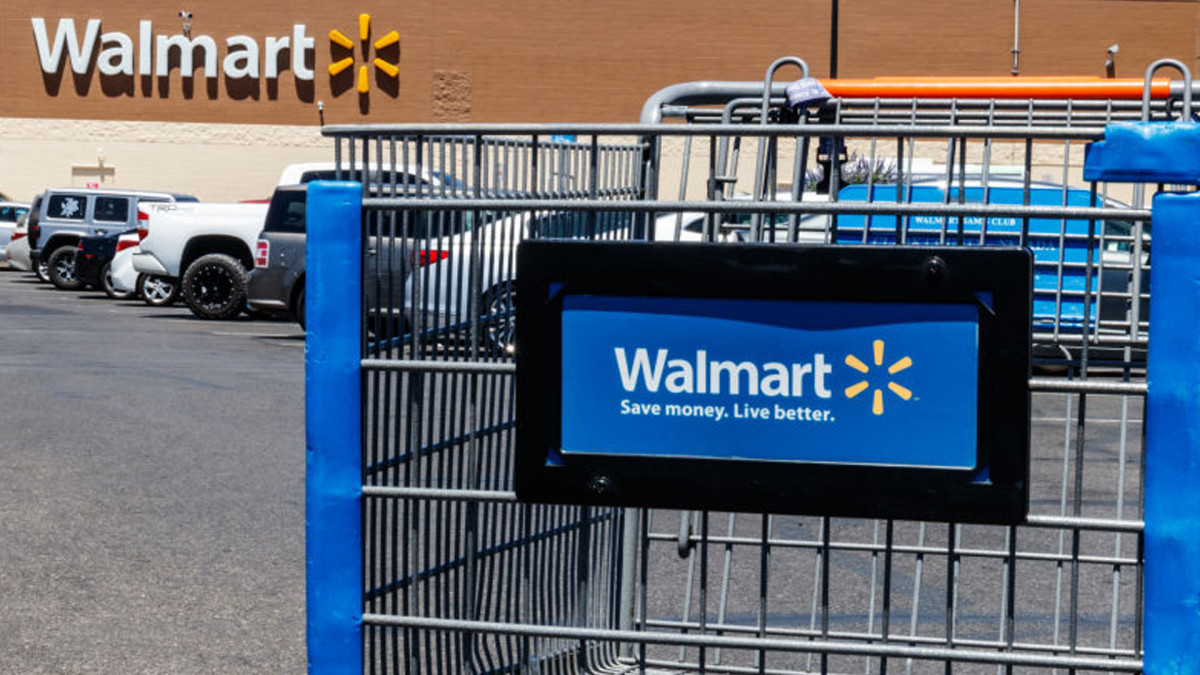Six figure salaries aren't enough to protect you from financial anxiety
According to recent survey data released by the Federal Reserve Bank of New York, Americans are growing increasingly anxious about their credit card debt.

Per recent survey data released by the Federal Reserve Bank of New York, American citizens are growing increasingly more anxious about their mastercard debt. Ted Rossman, Senior Industry Analyst, Bankrate, joined TheStreet to speak about what's driving this trend.
Related: The way to steer clear of mastercard debt this holiday shopping season
Transcript:
CONWAY GITTENS: So a recent Fed study showed that American citizens are more anxious than ever earlier than. Almost about making their mastercard payments. What's driving this trend?
TED ROSSMAN: Inflation and high interest rates have been a nasty combination. We're seeing record high mastercard balances at this time, in accordance with the Fed, and rates that have not backed off all that an awful lot. The common mastercard rate remains at 20.5% It truly is solely down a little from its peak reasonably a few months ago. There's a cumulative effect to all this. We're seeing more people financing each and every day essentials. People tend to get into mastercard debt for practical reasons, everything from day after day bills to one offs like a medical bill or a car repair. It truly is actually not to any extent further normally a vacation or a shopping spree. It truly is commonly practical stuff, but it surely surely's not easy to dig out with interest rates as high as they are.
CONWAY GITTENS: And what do you're making of the knowledge. After I checked out the knowledge, it change into the people within the height earning years that were essentially the most worried and those who were like over $100,000, $150,000 a year. Those people it is we accept as true with that kind of high income earners, yeah?
TED ROSSMAN: It is kind of surprising. Which that you could be in a position to maybe say there may most likely be a piece of keeping up with the Joneses occurring here, but I don't accept as true with a couple of those people would view it that way. I believe they'd come again to simply the rising cost of living. And I mean, Yes, if somebody has an impressively high income on paper, they will claim that evaporates pretty quickly. While you are taking into account prime housing costs, high child care costs, high, nearly everything costs. I mean, in particular expensive parts of the country along the Coast. Life is in point of fact expensive in recent times. And that cumulative toll is the main. I mean, we recently did a study. We found that the cumulative toll of inflation these past three years has been about 20% and wages have only gone up 17% on average around the globe that span. And it relies on the category, too. I mean, if we're talking something like insurance bills have in point of fact skyrocketed, child care, higher education costs, it is changing into tougher for folk to pay these bills and more are counting on credit to make ends meet.
CONWAY GITTENS: So are you in point of fact seeing a follow through. I know infrequently after we examine the patron self assurance and consumer sentiment reports, people say one thing, but then after we get the retail sales report, the numbers are up. So this survey said that individuals are anxious that they'd maybe no longer have the flexibility to make the mastercard payment. Are you in point of fact seeing the delinquency rate go up?
CONWAY GITTENS: Mastercard delinquencies are at their absolute best point since 2011, they usually've on your entire doubled within the past couple of years. So that does sound alarming. Alternatively, though, a couple of banks view this as normalization after the pandemic weirdness. Mastercard balances and delinquencies fell a lot in 2020 and 21. And Yes, they've gone up a lot since then. But banks view this as kind of normalization roughly. Now could say, well, 2019 change into normal. And if we now have blown past that and we're back to 2011 levels, it is a piece alarming. Banks don't seem overly concerned within the aggregate. I would describe it more as pockets of trouble, in particular people with lower incomes, lower credit scores. They are surely going to be more vulnerable. Credit remains flowing freely. In general, it has gotten tougher across the margins. We've got got seen reasonably a few 15% drop in originations the past couple of years. So credit remains flowing freely. While you can have a hefty income and a terrific credit score for those on the lower end of those spectrums are finding more difficulty.
Spend Smarter with TheStreet:
- The way to make a budget you can truly follow
- It truly is among the suitable day to search out online shopping deals
- Average American citizens are the usage of one financial method to cover costs
- The biggest financial challenge most American citizens face is solvable
What's Your Reaction?




















































